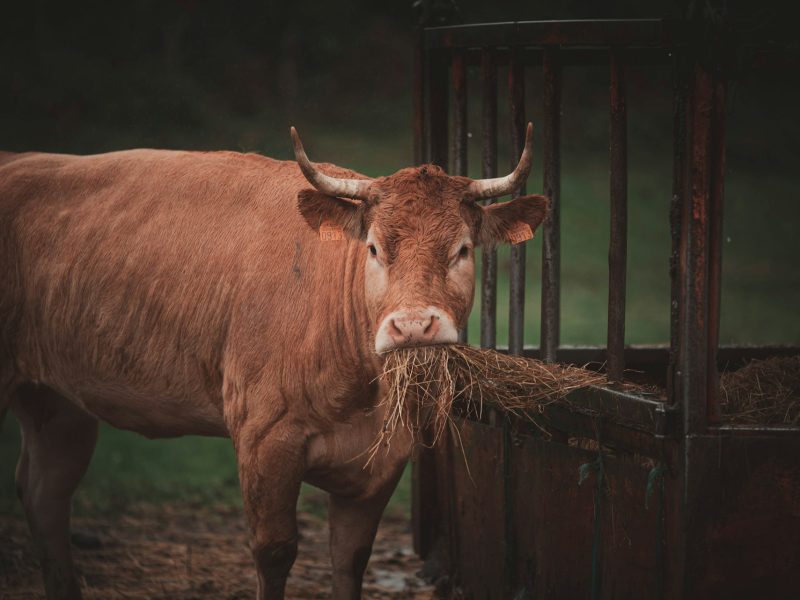The National Veterinary Services Laboratories in North Carolina has confirmed a new case of avian flu in a dairy herd in the state. This latest case is part of a series of detections across several other states, including New Mexico, Texas, Kansas, Michigan, Ohio, and Idaho, with the first cow case reported on March 25.
“This is an evolving situation and we are expecting more diagnoses. We will work in collaboration with our federal partners and North Carolina dairy producers,” stated Steve Troxler, North Carolina’s Agriculture Commissioner. Currently, movements of livestock from the affected herds have been suspended. “We have spent years developing methods to manage avian flu in poultry, but this is new and we are working with our state and federal partners to develop protocols to handle the situation,” Troxler added, while also clarifying that “there is no concern about the safety or availability of pasteurized dairy products nationwide.”
The initial positive cases among dairy cows in the United States were found in unpasteurized clinical milk samples from sick livestock, collected at two dairy farms in Kansas and Texas. Dead wild birds were also found on these farms, suggesting that the disease may have spread to ruminants through them.
Since then, authorities have detected up to twenty cases. Texas is the most affected state, with up to nine positives found. This is followed by New Mexico with four, Kansas with three, Michigan with two, and Ohio, Idaho, and North Carolina each reporting one case.
Authorities assure that initial testing by laboratories has not found changes in the virus that would make it more transmissible to humans, indicating that the current risk to the public remains low. There is also no concern about the safety of the commercial milk supply or that it poses a health risk to consumers. Firstly, because farms are required to market only milk from healthy animals, as milk from sick cows is being destroyed to prevent it from entering the food supply. Moreover, pasteurization has been proven to deactivate bacteria and viruses, such as the flu virus, in milk.
